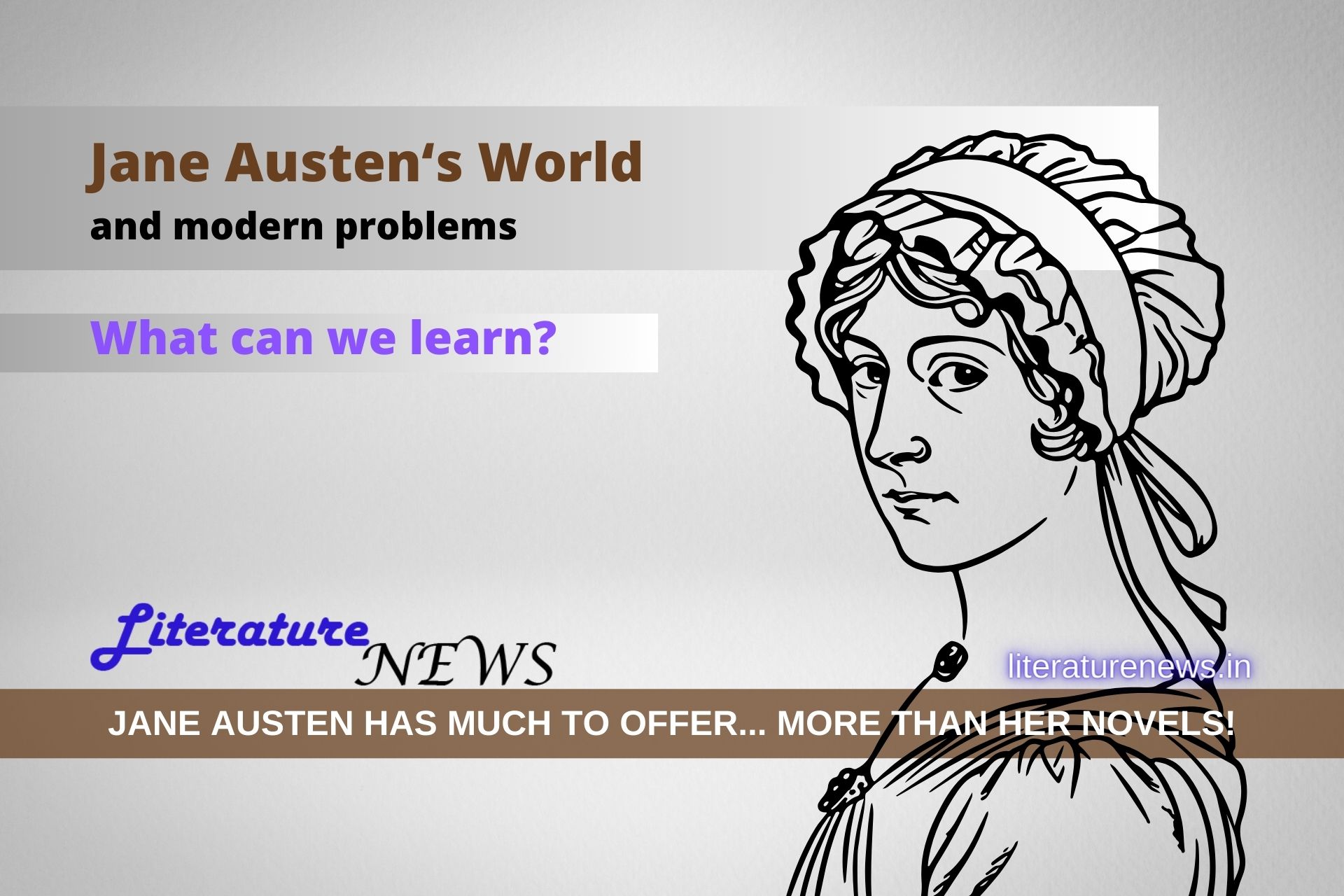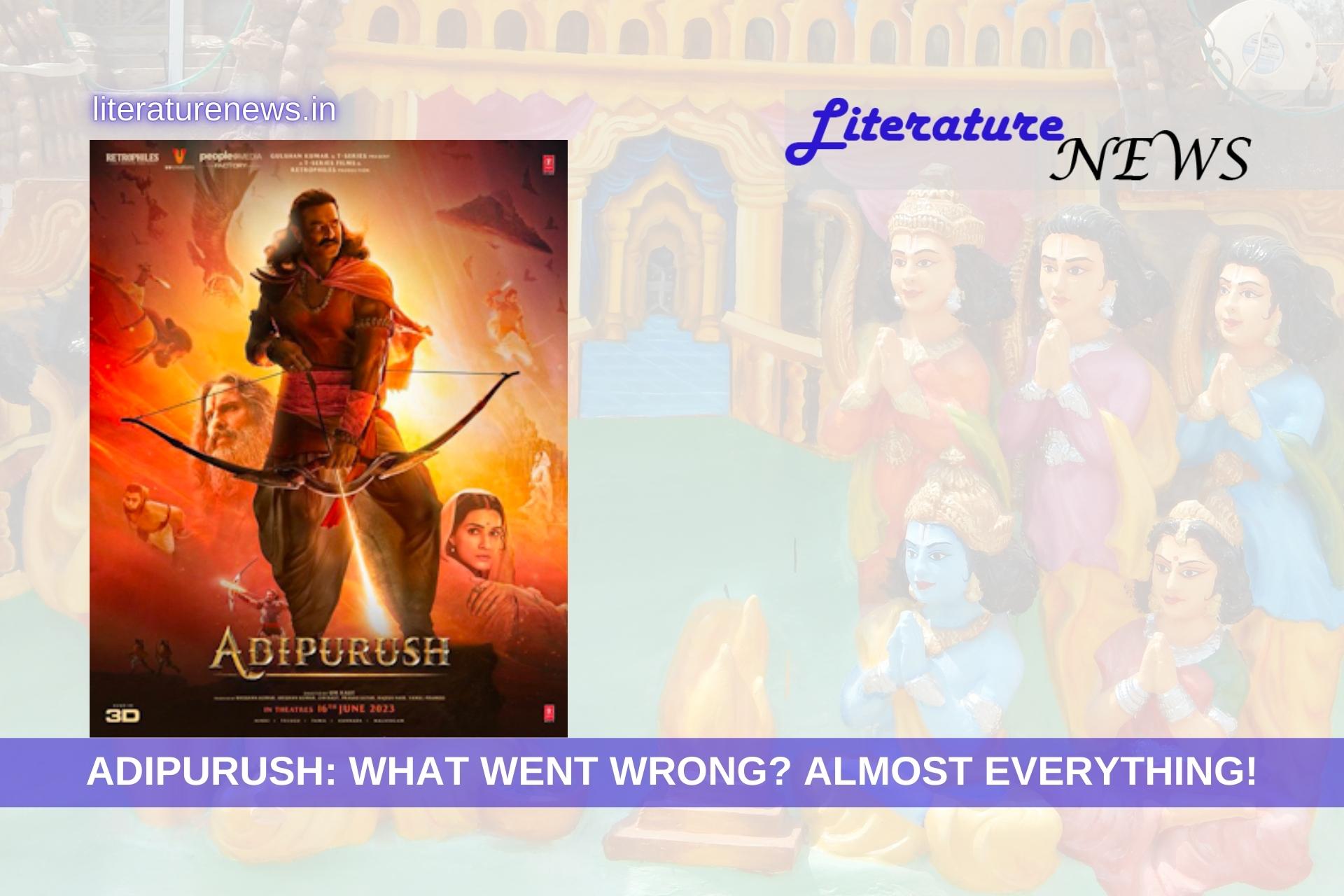Yes, I have problems with literature examinations. Why do I say this? I say this because I have experienced literature (studying and teaching) on various levels. It changes. Perspectives change. Connotations are different for everyone. Ideas are not the same to many. Literature is, in simple words, interpreting the works by a writer. Understanding various perspectives and preparing answers to certain questions that might arise based on ‘accepted interpretations and notions’ related to a work of literature form a major part of the academic study of literature. Here is the problem that I want to highlight. A student of literature is supposed to answer questions in his own words but within the accepted interpretations and notions of a literary work that has been accepted by scholars, traditionally… where is the freedom to interpret and opine?
I have had this many times. A poem should be open to interpretation attempts and it is… unless it travels inside the classrooms and teachers or professors take over the right to interpret. Freedom to interpret goes for a toss and judgement snatches one’s free will. Students are ‘made’ to remember certain interpretations with preoccupied judgements by certain scholars and they cannot breach the line. Because John Butt assumes that Dryden and Pope were no poets or poets of merely secondary rank, students in the 21st-century will have to accept that. Because scholars said that Wordsworth was a romantic poet, students will have to respect that judgement even if they find him as philosophical and intellectual as Tennyson or Arnold… And, because of political prejudices, critics of the time slandered Auden and he has to be slandered today, as well…
If you are a student to literature, try extending your own interpretation of a literary text, especially a poem, in your classroom. 95 out of 100 times, you will be forced to accept that your interpretation might be wrong just because it doesn’t match with what has been conceived as a valued judgement on the poem for ages… you just need to remember that and write the same in your examinations. You will, otherwise, lose your marks and may fail!
I have also experienced the same intolerance in professors while arguing in favour or against a judgement. You must have confronted argumentative or long-answers type questions where you are asked to argue in favour of or against a comment by some celebrated critics, poets or authors. However, in most of the cases, even if you offer very strong and valid arguments, you are expected to go with the ‘accepted’ notions only. If you go against that, even if you are making sense, you may lose important marks. And this fuels the question – where is the liberty that liberal arts allow? Why is one expected to sit in the examination if one cannot make his or her own opinions supported by facts? Why is Shakespeare always ‘the greatest playwright’? Why is Keats a poet of imagination but second to only Wordsworth and Coleridge also occupying the same seat… leaving the first for Wordsworth? Why Marlowe could only become better than Shakespeare had he written a few more plays? Why these preoccupied judgements are forced upon students? Think!
By Ashish for Literature News






Add Comment